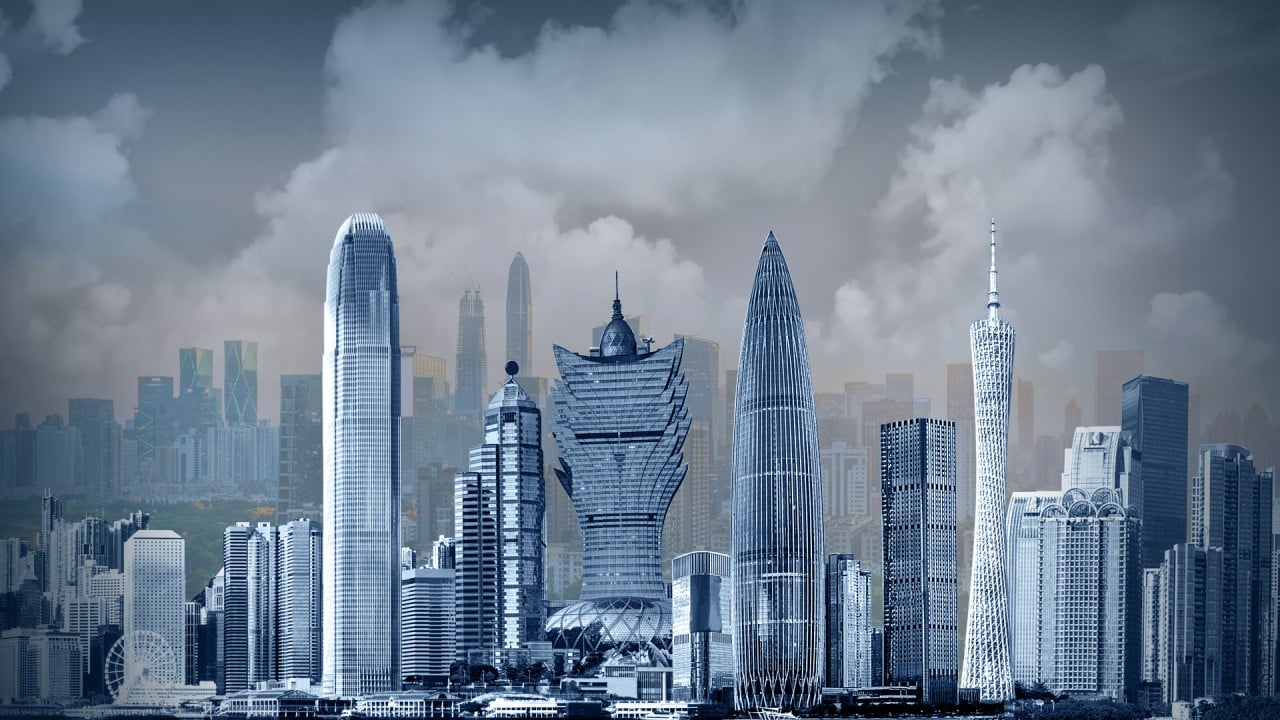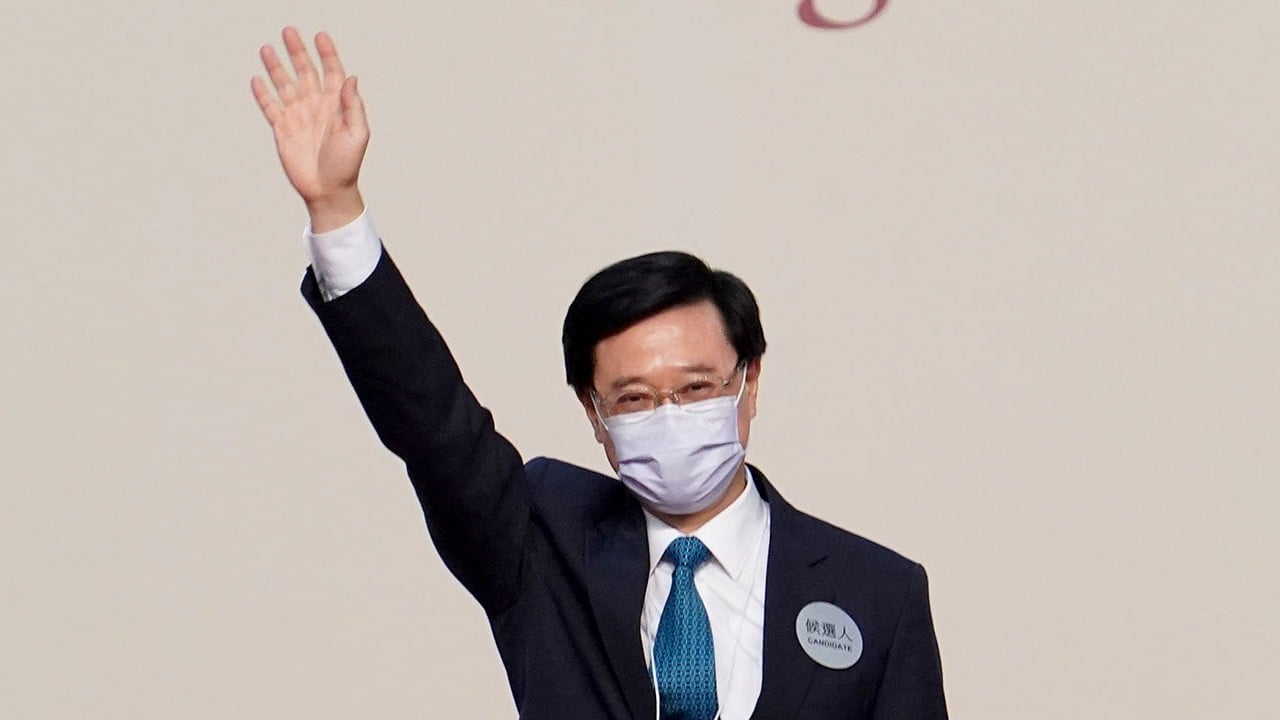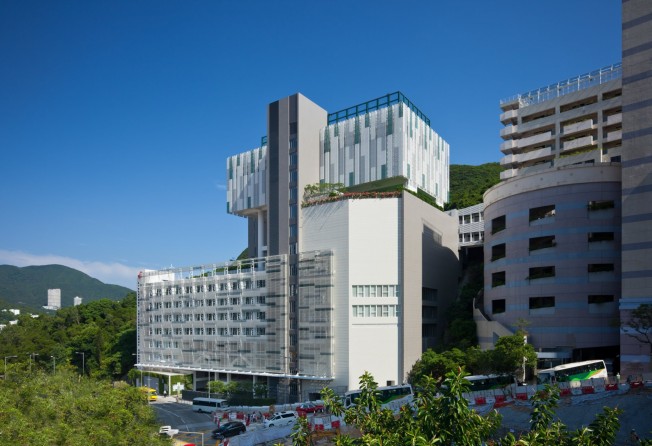
Singapore and Hong Kong have much to gain by working together
- The two cities face similar challenges, including ageing populations, affordable housing, education, climate change and urban development
- Amid a healthy rivalry, there is also much to learn from each other, with many opportunities for regional cooperation including in the Greater Bay Area
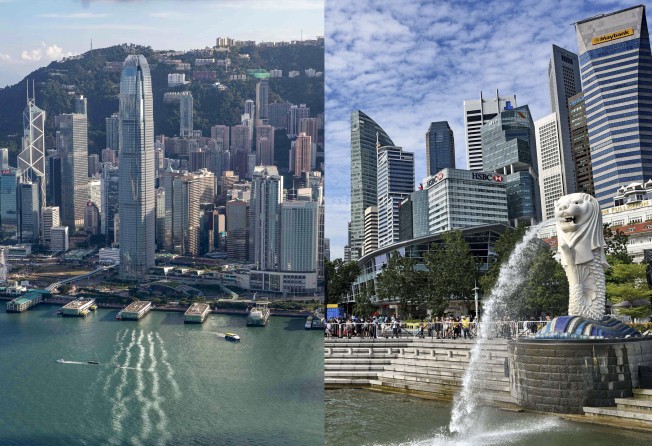
Singapore and Hong Kong enjoy excellent and long-standing relations, underpinned by strong economic ties, people-to-people links and regular exchanges between our leaders and officials.
In a speech made in Hong Kong in 1968, three years after Singapore’s independence, the late founding prime minister Lee Kuan Yew said Singapore was indebted to Hong Kong for serving as an example of how a small and densely populated island with no natural resources could forge its survival.
Singapore was coming through a tumultuous decade, overcoming labour unrest, student demonstrations and political turmoil, and facing the imminent withdrawal of British forces which provided a security umbrella and accounted for over 20 per cent of our gross national product.
Over the years, Lee and other leaders made many more visits to Hong Kong, studying its development, and seeing Singapore and Hong Kong as pioneers in globalisation and catalysts of economic development in our respective regions.
Today, Hong Kong is a key trade and investment partner for Singapore and home to one of the largest overseas Singaporean communities, including Singapore’s only international school overseas.
These bear testament to Singapore’s confidence in the resilience of Hong Kong and its people, and our desire for the two cities to continue working closely together.

Our cities are often compared with each other, which is to be expected. We have healthy competition, which spurs us on to do even better; yet, there is also much to learn from each other.
We face similar challenges such as ageing, affordable housing, education, climate change and urban development. Our two cities play complementary roles serving as financial centres for our respective regions. We also need to navigate a complex external environment, particularly given major power rivalry and geopolitical uncertainties, while maintaining our open and global outlook.
This is especially so as other cities look to grow in the same space. Given our commonalities, we have much to gain by working together. Singapore and Hong Kong, under Chief Executive Carrie Lam Cheng Yuet-ngor’s leadership, have kept up the momentum of cooperation.
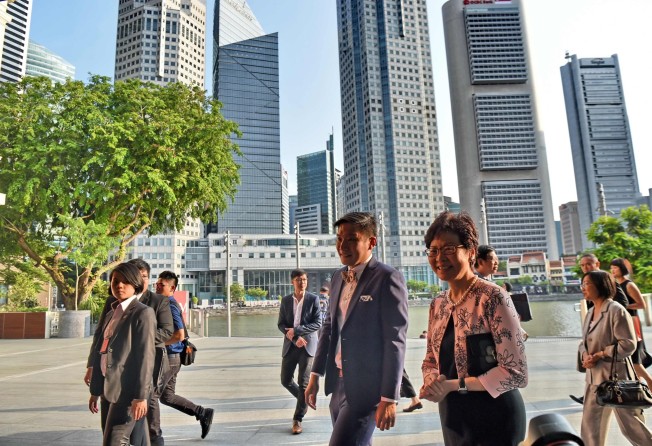
Hong Kong has consistently ranked among the world’s most competitive economies. It remains one of the most developed service-based economies, and a key gateway for China’s international trade and investment. Despite the pandemic, Hong Kong’s economy grew by 6.4 per cent last year.
The Asia-Pacific region continues to be a bright spot for growth. Singapore and Hong Kong are well positioned to leverage the growing trade and investment links in the region.
Hong Kong’s integration with the mainland – including through its participation in China’s 14th five-year plan, the Belt and Road Initiative and Greater Bay Area – presents further opportunities for cooperation with Southeast Asia, including Singapore.
Singapore’s cooperation platforms with China, including the Singapore-Guangdong Collaboration Council, Singapore-China (Shenzhen) Smart City Initiative and the China-Singapore Guangzhou Knowledge City, can play a multiplier role in the growth of a knowledge and innovation-based economy in the Greater Bay Area.
Singapore’s cooperation with China in Suzhou, Tianjin and Chongqing, in particular the New International Land-Sea Trade Corridor under the Chongqing Connectivity Initiative, provides complementary links to the wider China market.
Singapore welcomes Hong Kong’s deepening engagement in Southeast Asia. Businesses in Asean and Hong Kong have reaped the benefits of the Asean-Hong Kong free trade agreement, which entered into force in 2019.
Hong Kong has now applied to join the Regional Comprehensive Economic Partnership (RCEP), the world’s largest free-trade agreement comprising 30 per cent of global gross domestic product. The RCEP will foster greater regional integration and open up opportunities as our region recovers from Covid-19.
This year marks 25 years since Hong Kong’s return to China and the establishment of the Hong Kong Special Administrative Region. This period has been marked by much progress amid many challenges, including the Asian and global financial crises, the severe acute respiratory syndrome (Sars) and Covid-19 outbreaks, and the political turbulence of 2019.
The Lion Rock Spirit of its people has enabled Hong Kong to prevail over these challenges and the city has now regained its footing. Stability, and law and order are crucial for any society, and provide the foundation for economic and social development. Together, they form a mutually reinforcing virtuous circle allowing society to progress and build a better life for its people.
“One country, two systems” is the guiding framework for Hong Kong under which it has thrived on the economic opportunities from its close integration with the mainland while maintaining a strong international outlook. These advantages will continue to serve Hong Kong well, and will provide the basis to complement the mainland as priorities on both sides evolve.
Chief executive-elect John Lee Ka-chiu has a clear mandate to lead Hong Kong into the next chapter of its development. We look forward to working with him to continue strengthening bilateral cooperation, building on the progress both sides have achieved under Lam and her predecessors.
On the economic front, I believe Singapore and Hong Kong will continue to progress together and contribute to the vibrancy of our region.
We can also share ideas and experiences to address issues that are important to our people, strengthen their sense of belonging and provide hope for the future – education for 21st-century jobs, homes for families, a green and welcoming city, health and dignity for our elderly. I am confident that our cities will continue to forge mutually beneficial partnerships and create new opportunities for our people.
Teo Chee Hean is Senior Minister and Coordinating Minister for National Security, Republic of Singapore
